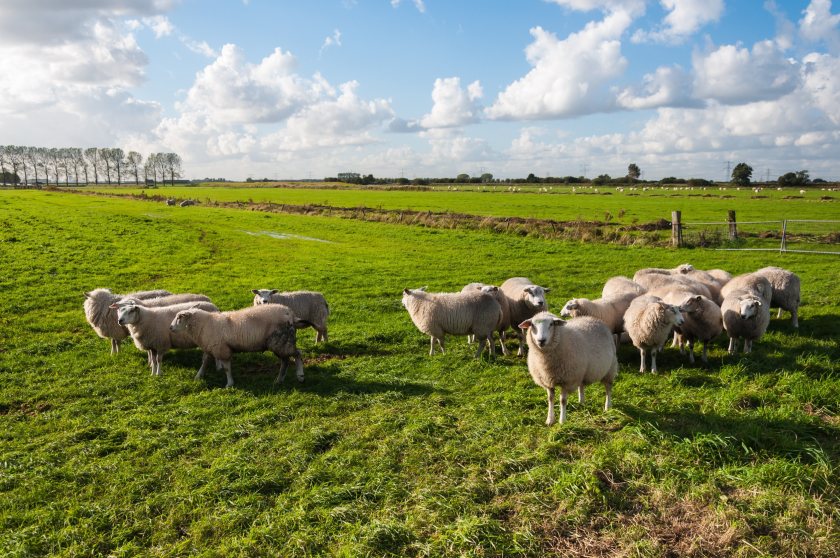
The government's 'restricted zone' set up a few days ago to control the spread of bluetongue in Norfolk and Suffolk has now been extended to Essex.
Following confirmation of bluetongue virus 'BTV-3' on a number of new premises, the zone and infected area now cover three counties.
There have been dozens of confirmed cases of the virus on farms across the East of England, with the total number now standing at 41 individual cases as of 3 September.
It follows confirmation of the disease in a single sheep on a farm in Norfolk last week, which made it the first UK bluetongue case this summer.
The new restriction zone replaces the original temporary control zone (TCZ), which was set up last week following the first case.
It means livestock keepers must now follow stricter restrictions on animal and germinal product movements.
All infected premises - which total ten - have been placed under restriction and susceptible animals can only be moved under licence from infected premises.
Essential moves of susceptible animals can take place without a licence within the restricted zone but cannot be moved out of the zone without a specific licence.
A general licence to move animals to designated abattoirs is also available.
In a new update on the matter, Defra said: "Following confirmation of BTV-3 on a number of new premises... the restricted zone and infected area has been extended to cover Essex. It now covers the counties of Norfolk, Suffolk and Essex.
"Following reports of clinical suspicion in sheep and cattle on three new premises in Norfolk and Suffolk, bluetongue serotype 3 (BTV-3) has been confirmed at these premises.
"The total number of cases of bluetongue virus BTV- 3 stands at 13 infected premises. Disease has been confirmed in 41 animals.
"Movement restrictions apply to all ruminants and camelids moving out of the zone and to the movement of their germinal products within the zone.
"Farmers are urged to only move animals within the extended zone where this is absolutely necessary"
Bluetongue virus is primarily transmitted by midge bites and affects cattle, goats, sheep and camelids such as llamas.
The impacts on susceptible animals can vary greatly – some show no clinical signs or effects at all while for others it can cause productivity issues such as reduced milk yield, while in the most severe cases can be fatal for infected animals.
The virus can also be spread through germplasm (semen, ova, and embryos) as well as transmitted from mother to unborn offspring.
Farms close to the coast in counties along the east coast of England from Norfolk to Kent and along the south coast from Kent to Devon have been classed as the highest risk of incursion.
Last November, government vets identified the first case of the disease in Britain since 2007.
The government recently set out its plans to minimise the impact of a likely outbreak of bluetongue as experts feared a surge in cases during the summer months.
There is currently no BTV-3 vaccine authorised or approved for use in the UK, however free testing is now available for animal keepers.
BTV is a notifiable disease. Suspicion of it in animals in England must be reported to the Animal and Plant Health Agency on 03000 200 301.
